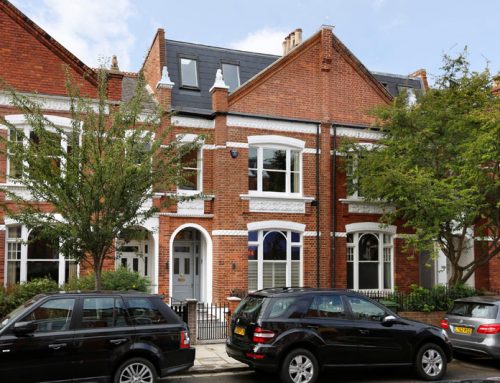In all the excitement surrounding a marriage or civil partnership ceremony, one of the few issues that is often forgotten is that a will is automatically revoked when someone marries, which means that it is no longer valid.
No, we are not announcing the wedding of Prince William and Kate Middleton!In all the excitement surrounding a marriage or civil partnership ceremony, one of the few issues that is often forgotten is that a will is automatically revoked when someone marries, which means that it is no longer valid.
If you make a will in advance of getting married, then it is possible to make your intentions clear and the will may be written in such a way that it is valid after the wedding or civil partnership ceremony.
However, if you have married this year or know someone who has without making a new will, then it is very important to come in and see a solicitor to make a will as soon as possible.
If anything was to happen to you or your new spouse, then money and possessions would be distributed according to the intestacy rules, which may not be at all what you would wish for.
You might also need to review how you own or purchase any property together. A property may be held by a couple in one of two ways – as joint tenants or as tenants in common.
Joint tenants are treated as having equal interests in the property. When the first owner dies the survivor will automatically own all of the property. When the second owner dies the property will be passed on under the terms of the second owner’s will.
For tenants-in-common, the property will be owned in the shares that you decide and will be documented. These shares may be 50:50, but can be any other arrangement that you agree to. When the first person dies, the survivor will not automatically get the deceased’s share. This will only happen if the deceased leaves that share to the survivor in his or her will, or if the survivor is entitled to that share under the laws of intestacy.
Married couples or civil partners will usually choose to be joint tenants, as they will want the widow or widower to continue to own all of the property. However, there are times when a married couple or civil partners should not choose to be joint tenants. For example, if:
- you have a child from a previous relationship
- one party has contributed more to the purchase price
- one of you is in financial trouble
- it is beneficial in certain circumstances for tax planning purposes.
If you are not married, but are living with a long term partner and want to provide for their long time security, then it is vitally important that you make a will, especially if you have children together – there is no such thing as a ‘common law’ marriage.
Please call us today to discuss how we can help you to plan for your family’s security.
The contents of this article are for the purposes of general awareness only. They do not purport to constitute legal or professional advice. The law may have changed since this article was published. Readers should not act on the basis of the information included and should take appropriate professional advice upon their own particular circumstances.
The contents of this article are for the purposes of general awareness only. They do not purport to constitute legal or professional advice. The law may have changed since this article was published. Readers should not act on the basis of the information included and should take appropriate professional advice upon their own particular circumstances.


